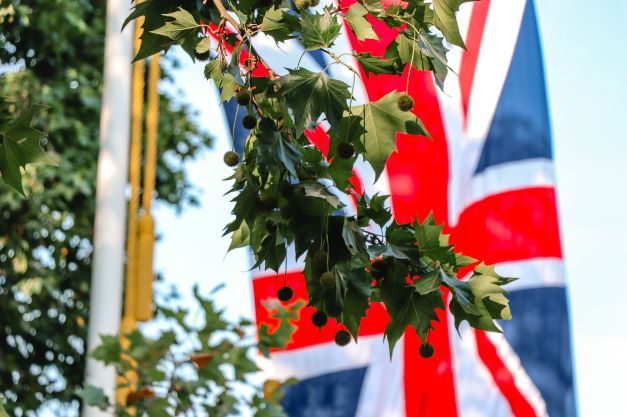Why do England, Wales, Scotland, and Northern Ireland have separate football teams?
UK football teams play against each other separately because the sport grew beyond the British Isles while they were playing. The only time this isn't true is when they go to the Olympics like Great Britain.





